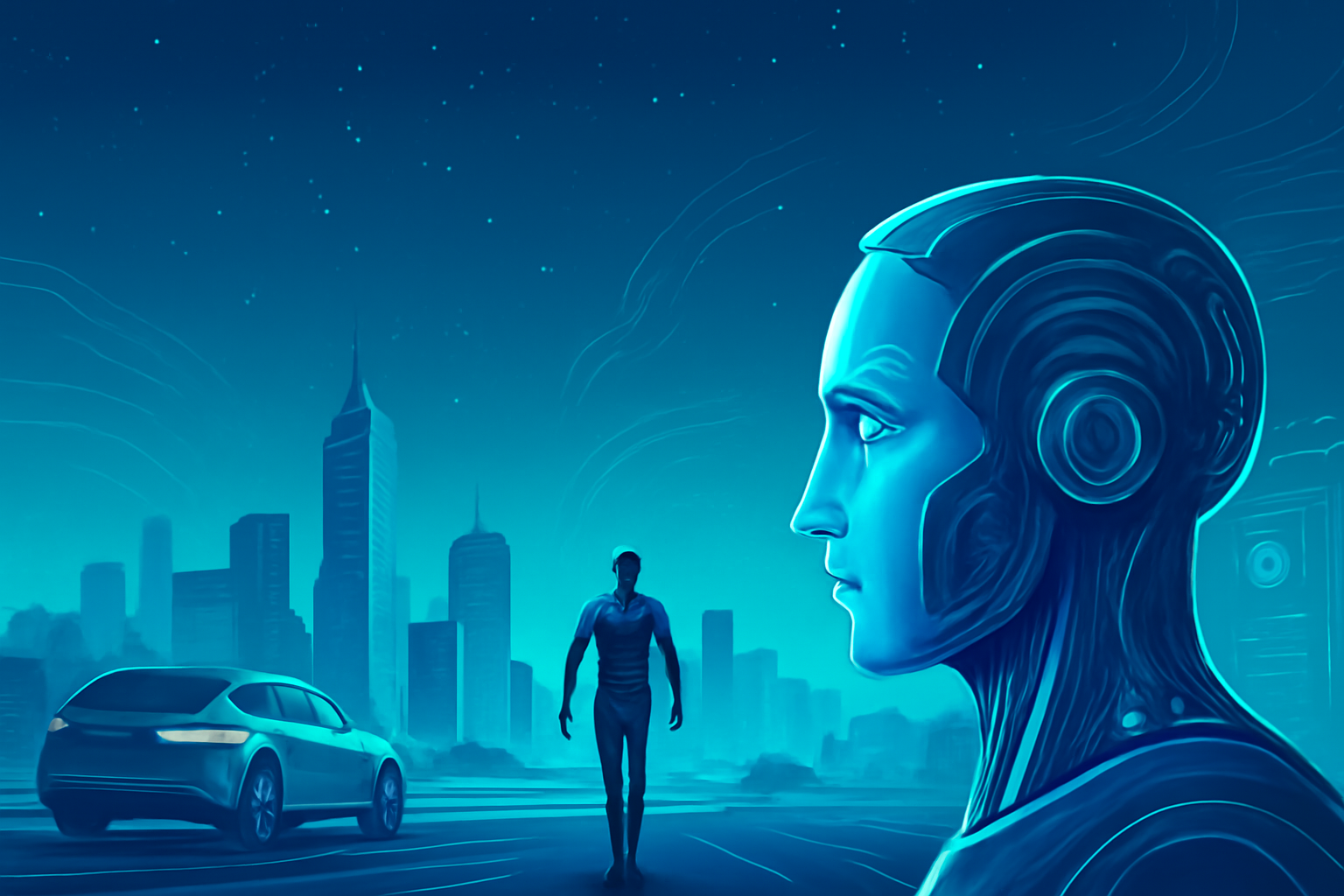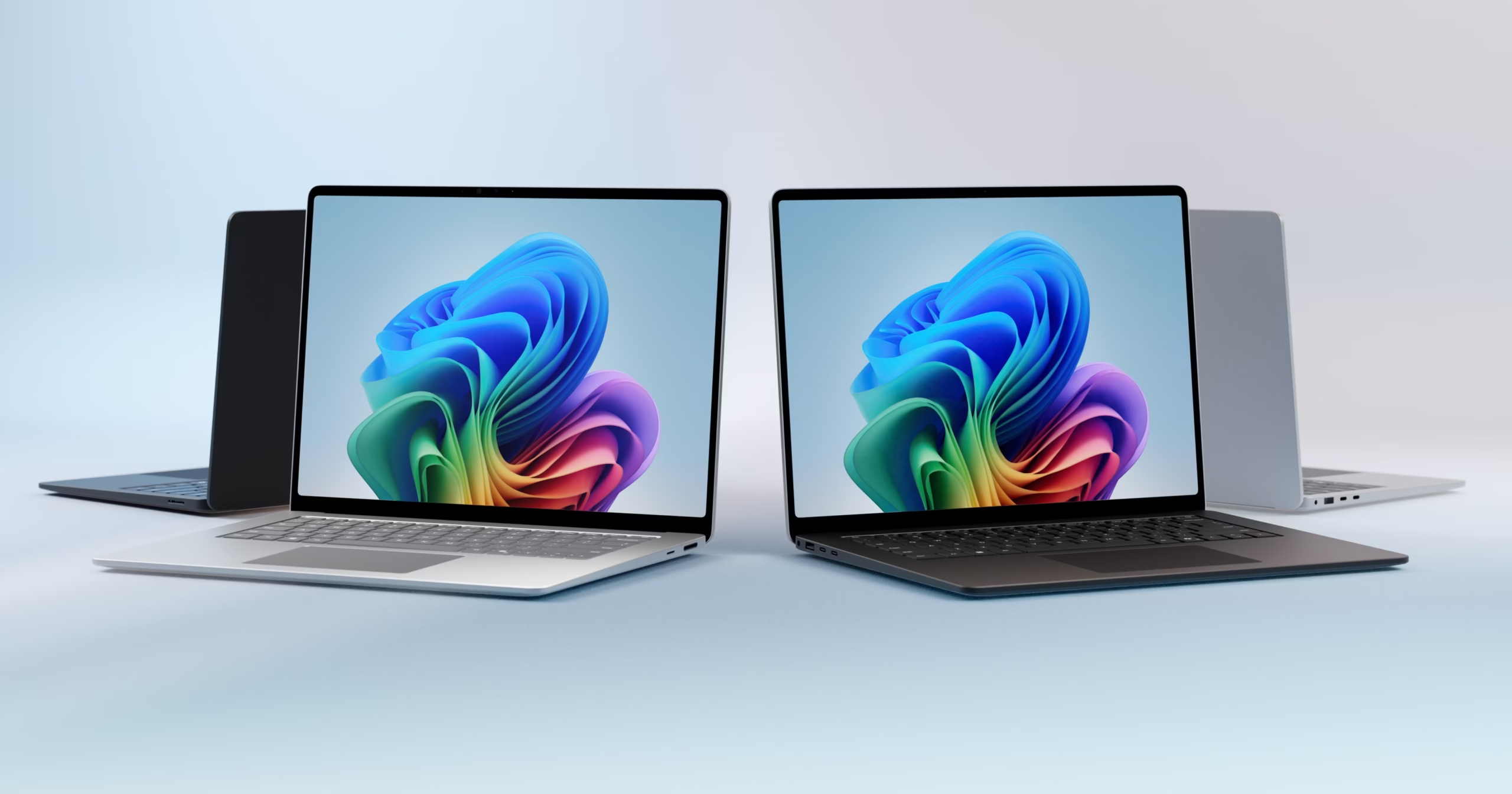AI is transforming industries from healthcare to entertainment. Explore how it’s revolutionizing the future of technology in 2025!
Artificial Intelligence (AI) is one of the most exciting and rapidly evolving technologies of our time. In 2025, AI is set to revolutionize the future of technology in ways that we could only dream of just a few years ago. With breakthroughs in machine learning, neural networks, and autonomous systems, AI is impacting almost every industry—from healthcare and finance to transportation and entertainment. In this blog, we’ll explore how AI is shaping the future and why it’s essential to embrace its potential.
The Growing Influence of AI in 2025
AI has already transformed many aspects of our daily lives, but its influence is expected to grow exponentially in 2025. Advances in natural language processing (NLP), computer vision, and deep learning are just the tip of the iceberg. As AI systems become more intelligent and capable, their integration into various industries is becoming more seamless. For businesses, this means unprecedented opportunities for innovation and efficiency.
AI in Healthcare: A Game Changer
In the healthcare sector, AI has already started making a significant impact, and by 2025, its role will only intensify. AI-powered diagnostic tools are already assisting doctors in identifying diseases like cancer, diabetes, and heart conditions earlier and more accurately than ever before. Machine learning algorithms can sift through vast amounts of medical data, helping doctors make informed decisions faster.
Moreover, AI’s ability to personalize treatment plans and predict patient outcomes will revolutionize the field of precision medicine. Virtual health assistants powered by AI will also become increasingly common, providing healthcare advice, monitoring patient health, and offering customized wellness plans.
AI in Transportation: Self-Driving Cars and Smart Cities
The transportation sector is another area where AI is making monumental strides. In 2025, self-driving cars will be more mainstream, thanks to improved AI algorithms and sensor technology. Autonomous vehicles will not only reduce accidents but also make transportation more efficient and sustainable. As self-driving cars become integrated into cities, they will work together with AI-powered traffic management systems to reduce congestion, improve traffic flow, and lower emissions.
Smart cities will leverage AI to optimize energy usage, manage waste, and enhance urban planning. AI-powered systems will ensure that resources are used more efficiently, making cities more sustainable and liveable for future generations.
AI in Finance: Revolutionizing Decision-Making
In the financial sector, AI is already being used for tasks like fraud detection, risk assessment, and algorithmic trading. By 2025, AI will revolutionize decision-making in the financial industry by providing predictive analytics and insights that were previously unavailable.
For example, AI-powered robo-advisors will become more sophisticated, offering personalized financial advice based on real-time market trends and individual preferences. In addition, AI will improve customer service by providing virtual assistants that can help clients with transactions, portfolio management, and financial planning.
AI in Entertainment: Personalized Experiences
One of the most noticeable ways AI is reshaping industries is in entertainment. By 2025, AI will offer highly personalized content recommendations for movies, music, and even video games. Streaming platforms like Netflix and Spotify already use AI to recommend content based on user behavior, but future systems will be even more advanced. Imagine an AI system that can curate an entire entertainment schedule, factoring in your mood, preferences, and even your social media activity.
AI will also be used to create more immersive experiences in virtual reality (VR) and augmented reality (AR). As VR and AR technologies advance, AI will be integral in generating realistic virtual environments, enhancing user interactions, and making these technologies more accessible.
AI and Automation: Boosting Productivity and Efficiency
AI-driven automation will play a significant role in increasing productivity across various sectors. In manufacturing, AI-powered robots will handle repetitive tasks with incredible precision, leading to higher production rates and lower costs. In the service industry, chatbots and virtual assistants will handle customer inquiries and routine administrative tasks, freeing up human workers for more complex and creative roles.
With AI, businesses can also automate data analysis, giving them deeper insights into customer behavior, market trends, and operational inefficiencies. This will enable companies to make better decisions faster and improve their overall performance.
The Future of AI in 2025 and Beyond
As we look ahead, the possibilities for AI in the next decade are nearly limitless. In 2025, AI will not only be integrated into industries but will also empower individuals to achieve more. For example, AI-powered tools will help individuals in their personal and professional lives, whether it’s through productivity apps, fitness trackers, or learning platforms. Additionally, AI’s role in sustainability will continue to grow, helping tackle climate change, reduce waste, and create more eco-friendly solutions.
The intersection of AI and other cutting-edge technologies, like quantum computing and blockchain, will also accelerate innovation. AI will unlock the true potential of quantum computers, enabling us to solve complex problems that are currently beyond our reach. Meanwhile, AI’s ability to analyze vast datasets will play a crucial role in securing blockchain networks and enhancing digital transactions.
Conclusion
The future of technology in 2025 is incredibly exciting, and AI will be at the heart of this transformation. From healthcare to finance, transportation, entertainment, and beyond, AI’s potential is limitless. As we embrace AI, we must also consider the ethical and societal implications of its rapid development. It’s important to ensure that AI is used responsibly and that its benefits are accessible to all.
AI is more than just a tool—it’s the key to unlocking a brighter, more innovative future. As we move forward, we must continue to explore and harness the power of AI to create smarter, more efficient, and more sustainable technologies for a better tomorrow.
Disclaimer:
This blog is intended for informational and educational purposes only. The views expressed are personal opinions or general insights, not professional or legal advice. Readers should do their own research or consult relevant professionals before taking action based on this content.
#AI2025 #FutureTech #AIRevolution #ArtificialIntelligence #TechInnovation #HealthcareAI #AutonomousVehicles #SmartCities #AIInFinance #AIandAutomation #TechTrends #MachineLearning #DigitalTransformation #AIinEntertainment#Carrerbook#anslation




Leave a Reply